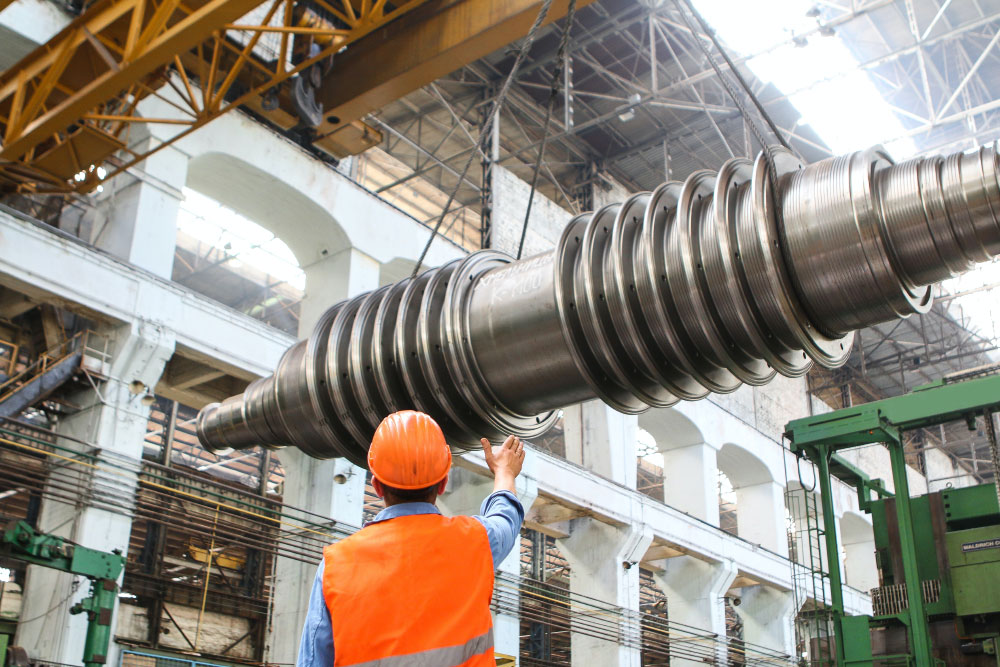Modern ERP: connecting the dots to unlock automation, integration and intelligence
Fujitsu / June 17, 2022
Since the turn of the decade, manufacturing – like many industries – has had to chart a new course to stay afloat in a world of constant change. This has given rise to a new generation of manufacturers, driven by a desire (and need) to be more agile, resilient and able to keep up with ever-evolving customer demands, all while leading the way to a more sustainable economy.
The right investments in core business systems can help organizations realize the above. But against this backdrop of change and the knowledge that previous migrations have consumed significant time and effort – only to deliver questionable levels of advantage – it’s likely manufacturers have been reluctant to modernize their ERP environment.
However, with the right ERP system(*1), updating your core business systems sooner rather than later can be the key to help you seize opportunities, while readying your factory against the challenges facing you now – and in the future. Read on to discover how.
Modern ERP is the missing piece of the puzzle to move manufacturing forward
Digital transformation and the technologies it enables are vital to realize the transparency, product lifecycle innovation, smart and efficient production, intelligent operations and digitally integrated value chains needed to advance the likes of Industry 4.0 and ESG initiatives.
But technology alone isn’t enough because its own capability hinges on timely and reliable data. Herein lies the purpose of modern ERP: the missing piece of the puzzle that brings everything together and lets data flow throughout a factory, to unlock the automation, integration and intelligence that is essential to efficiently run modern manufacturing operations.
So, rather than dwelling on the limitations of existing systems, it’s better to focus on how modern solutions exploit advances in technology. Because, while not specific to ERP, these technologies are likely to be incorporated by a modern ERP system, making it easier to navigate change and drive growth. Some of these include:
High capacity, high performance platforms
Modern ERP is underpinned by technology platforms that are designed to deal with far more data than older systems. This allows transaction processing and analytics to be mixed, which is key for real-time visibility. Meanwhile, handling more data feeds also means better support for IT/OT integration – and for IoT.
AI, machine learning and advanced analytics
Modern ERP systems include built-in technologies, such as AI, machine learning and advanced analytics, to transform business processes and operations with intelligent automation. Real-time processing speeds and a dramatically simplified data model can also help your people and organization to become truly data driven.
Advances in networks, sensors and data processing
Better wireless connectivity and software make it possible to embed smart sensors around the business, which stream back data in real-time. From reporting machine health and stock levels to delivery vehicle locations, this allows planning systems to work on current data, rather than data from yesterday or last month.
Edge/IoT provisioning, orchestration and management
From deployment, to keeping their software up to date and watching out for irregularities that might indicate a fault or malicious activity, smart sensors need looking after – and this is made easy by modern ERP. Because there’s so many of them, it also pays to work smarter and service them as a fleet, rather than as individuals.
Open, secure and API-based integration
Manufacturing is always evolving. So, in the future, you may need to add anything from an AI-based quality control system to a sustainability dashboard that analyzes data gathered from sensors. Modern ERP systems are built as adaptable platforms, with secure, standardized interfaces for connecting in and out.
(*1)right ERP system
https://www.sap.com/uk/products/enterprise-management-erp.html

Start your journey to smarter, more sustainable manufacturing with Fujitsu & SAP
If the past few years have taught us anything, it’s to expect anything and be prepared for everything – and nowhere is this truer than in manufacturing. Modern ERP, as the touching point of technologies, freer of data and single source of truth, can be the key to unlocking greater resilience, agility and capability in your organization.
But this isn’t always a given, and success can rest on the right implementation partner. Fortunately, Fujitsu is exactly that, with the deep and broad expertise and skills – and people-centric approach to business – that’s required to help you take full advantage of your investment in SAP’s industry-leading ERP.


Related information
Editor's Picks




